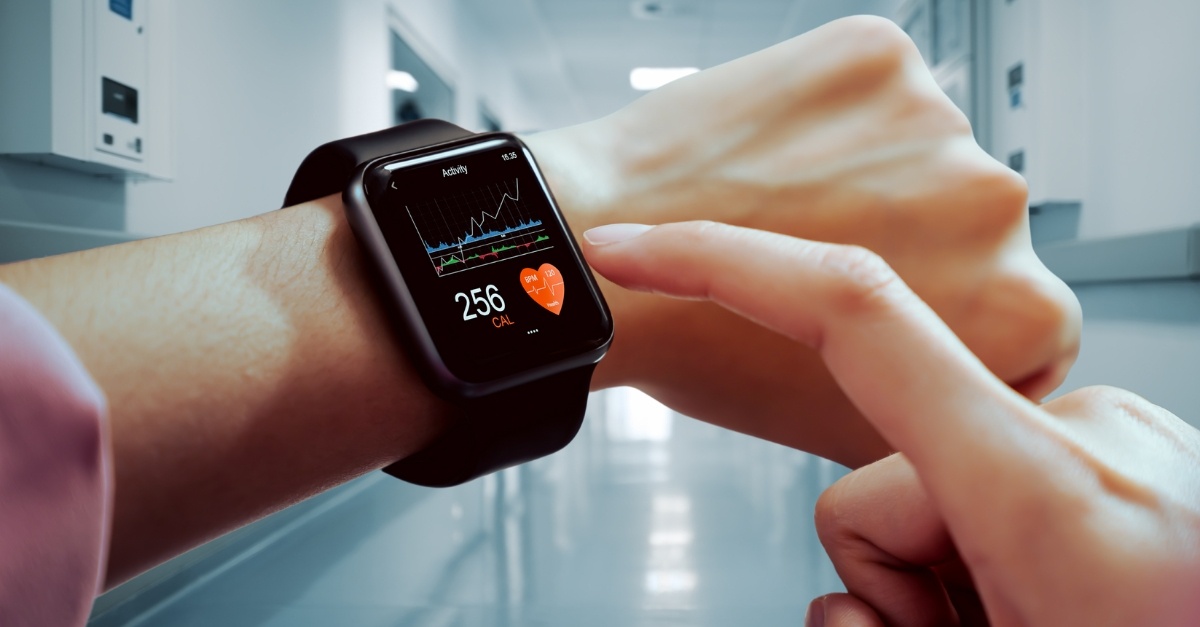- News
- The paradox of health data and gdpr is your data worth dying for
The paradox of health data and GDPR: is your data worth dying for?
While the GDPR has been a cornerstone of data protection in Europe, ensuring privacy and security, it has also created unintended consequences, especially in healthcare.
.jpg?width=615&height=415&name=CEO%20Blog%20banner%20(36).jpg)
The General Data Protection Regulation (GDPR) is one of the world’s most comprehensive data privacy laws, designed to protect personal data and give individuals control over how their information is used. While it has been a cornerstone of data protection in Europe, ensuring privacy and security, it has also created unintended consequences, especially in healthcare. Our strong commitment to privacy is something to be proud of, but the strict interpretation of GDPR, both in regulation and mindset, can sometimes go too far – limiting data use in ways that may ultimately harm society, or even ourselves, when timely access to health data could make a difference.
Imagine a world where hospitals, wherever they are, had instant access to your recent medical history the moment you entered the emergency room. No need to search through scattered records or wait for consent – they immediately see your conditions, allergies, medications, even your last run before a heart attack. Now, let’s take it one step further. What if hospitals didn’t just treat you after the emergency, but could help prevent it in the first place?
A future where healthcare happens before the emergency
Wearable devices collect valuable health insights like heart rate, oxygen levels, and blood pressure. Today, that data rarely leaves your device, but what if it could be used proactively?
This way, you could get a simple notification from your hospital, letting you know that recent patterns in your data suggest you should come in for a check-up – before you feel any symptoms. A warning, not an emergency. This is the real potential of digital health: not surveillance, but protection.
The role of data spaces in health data
Health and well-being data is among the most sensitive types of personal information. Yet precisely because of its importance, we see growing investments in unlocking it in ways that are safe, ethical, and standardized.
This is where International Data Spaces (IDS) plays a key role – not just in Europe, but globally. They are working on secure frameworks for data sharing that balance privacy with accessibility.
And most recently, on March 5th, the European Health Data Space (EHDS) was approved and published. This regulation is set to revolutionize health data sharing in Europe, making it easier for hospitals, researchers, and trusted AI systems to securely access and use personal health data – potentially saving millions of lives.
At Flanders Technology & Innovation, we believe that trusted data collaboration is key to better care and well-being. Through initiatives like Elli, we’re contributing to this shift, unlocking well-being data in a secure and responsible way for B2B2C use, powering impactful well-being initiatives.
The future of health data: finding the balance
We are at a crossroads. Do we continue to prioritize data privacy at all costs, even if it means losing lives due to delayed or inaccessible medical information? Or do we embrace secure, standardized health data sharing, knowing that the right access at the right time could prevent emergencies before they happen?
One thing is clear: the future of healthcare isn’t just about better treatments – it’s about better data. The question remains: Is your data worth dying for?
Other news articles
 03/04/2025
03/04/2025
The paradox of health data and GDPR: is your data worth dying for?
Our strong commitment to privacy is something to be proud of, but the strict interpretation of GDPR, both in regulation and ...
Read more
 18/04/2025
18/04/2025
Day in the life of Camille
As Operations & Community Manager, Camille is the glue between people, projects and ideas. She brings both calm and momentum to the ...
Read more
 30/04/2025
30/04/2025
CEO's Blog - Why Belgium needs the spirit of the Small Business Act
Startups and scaleups often encounter barriers in public procurement. Discover how legislation like the Small Business Act for ...
Read more
